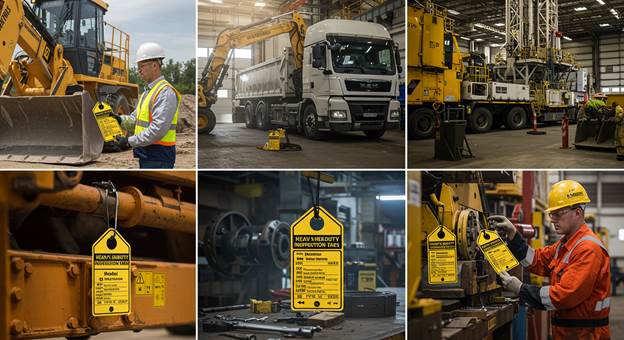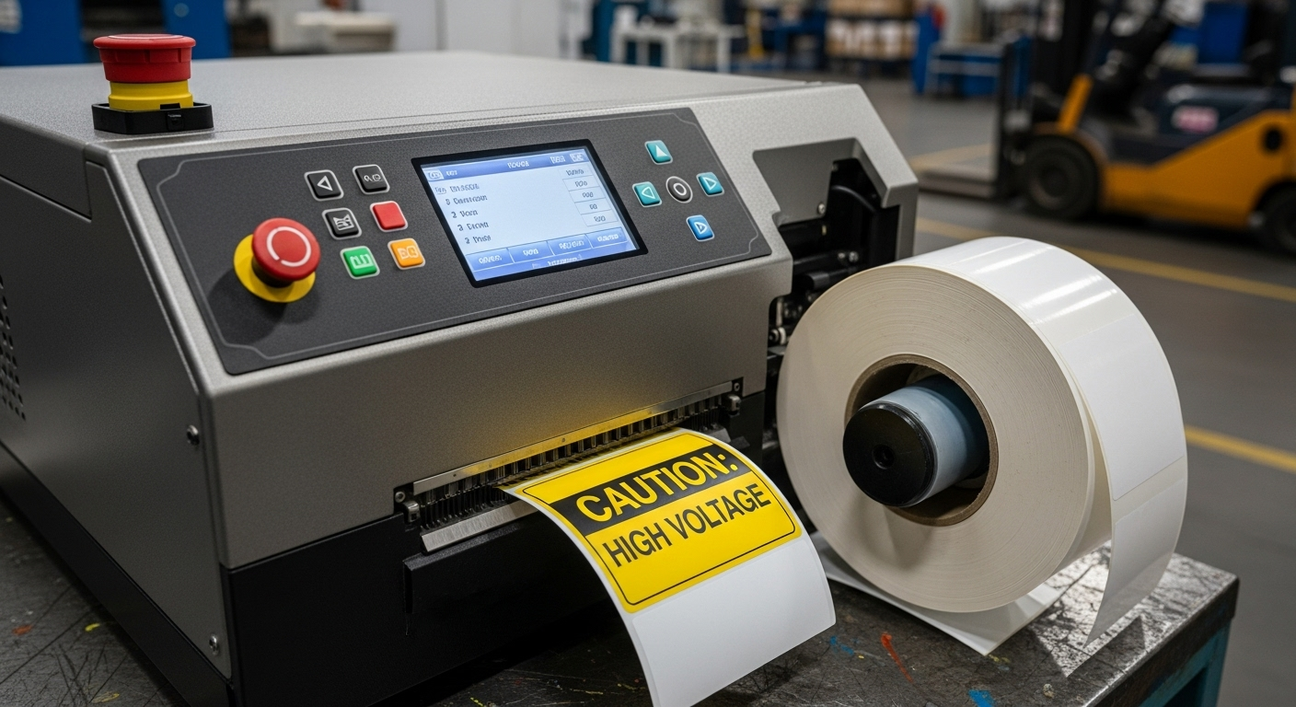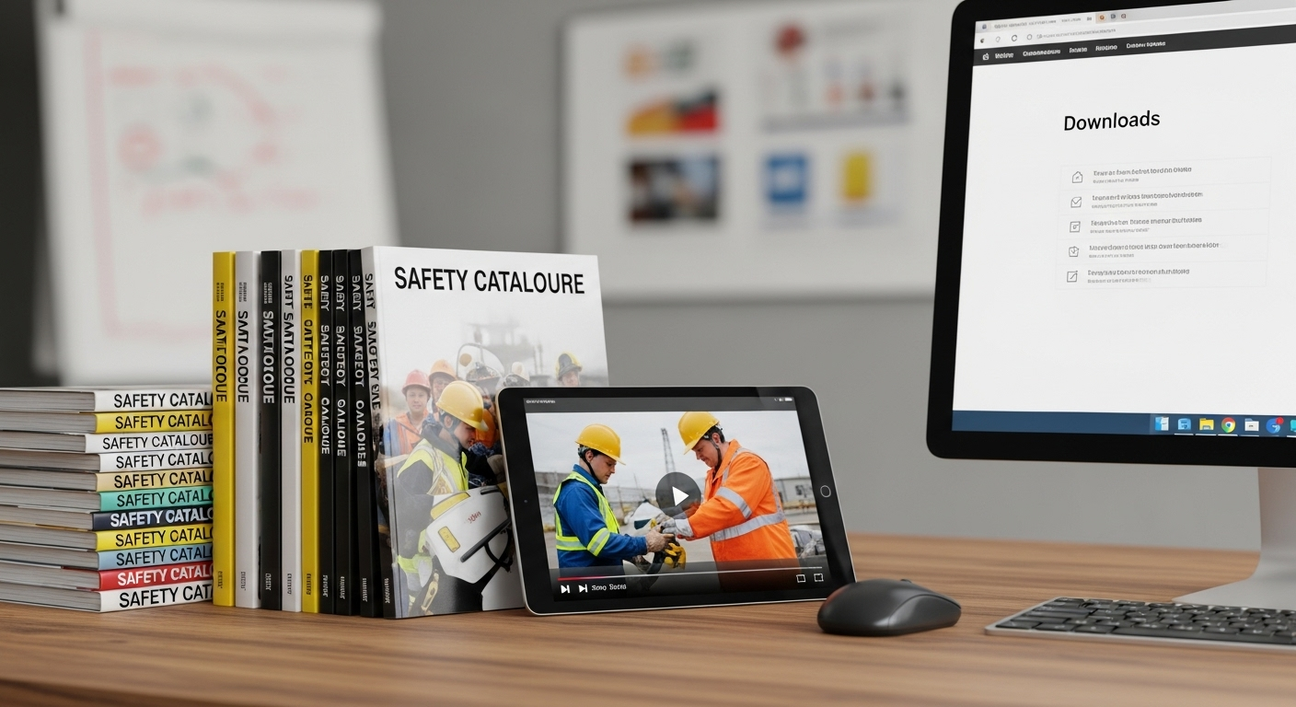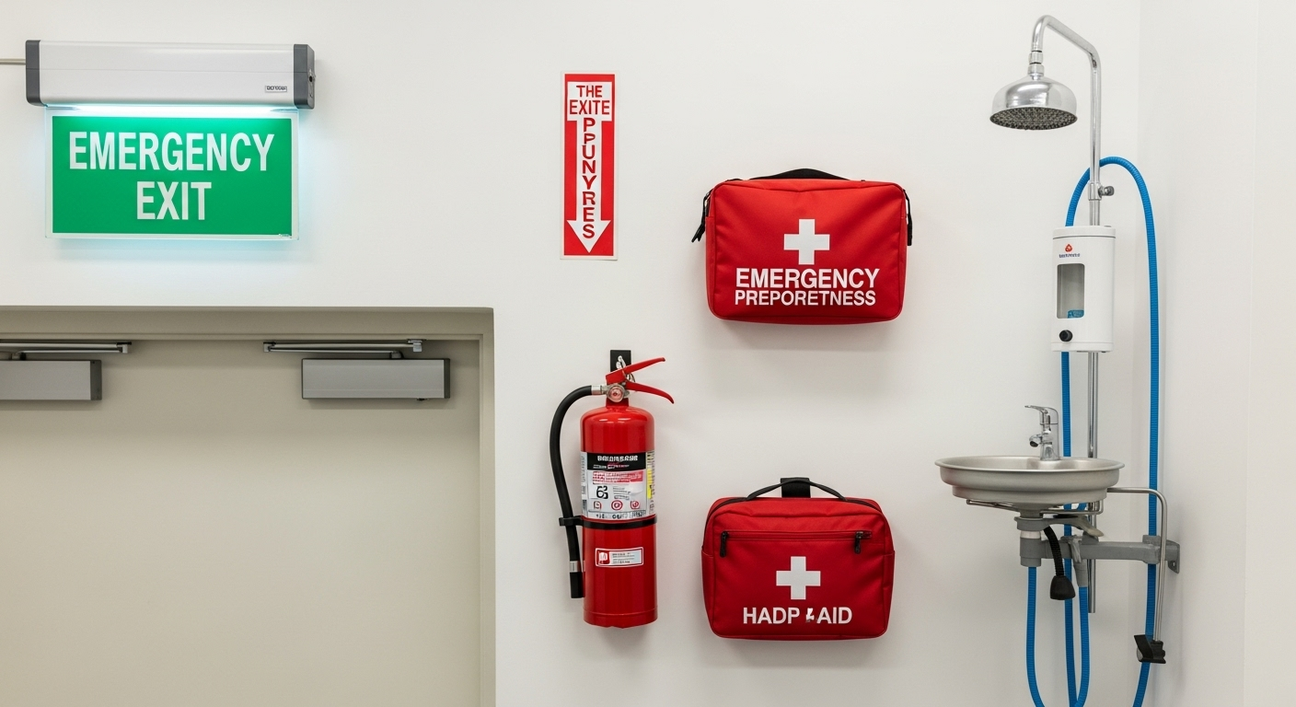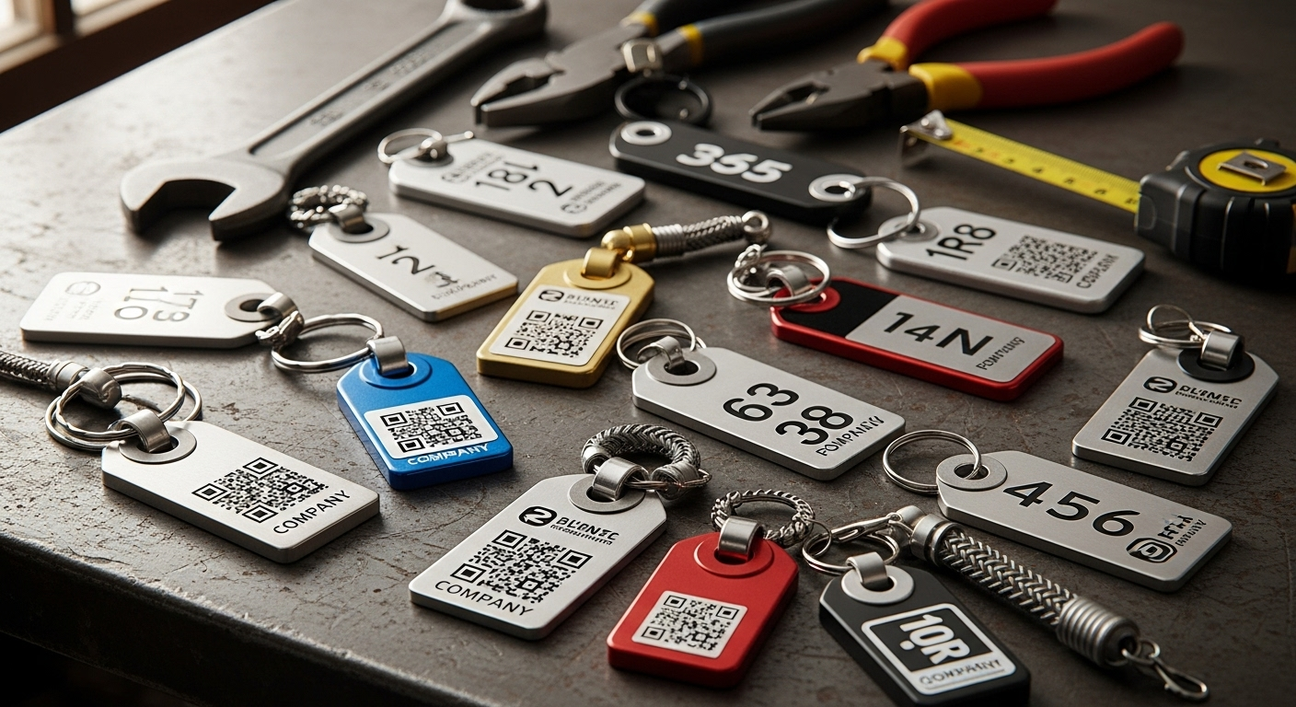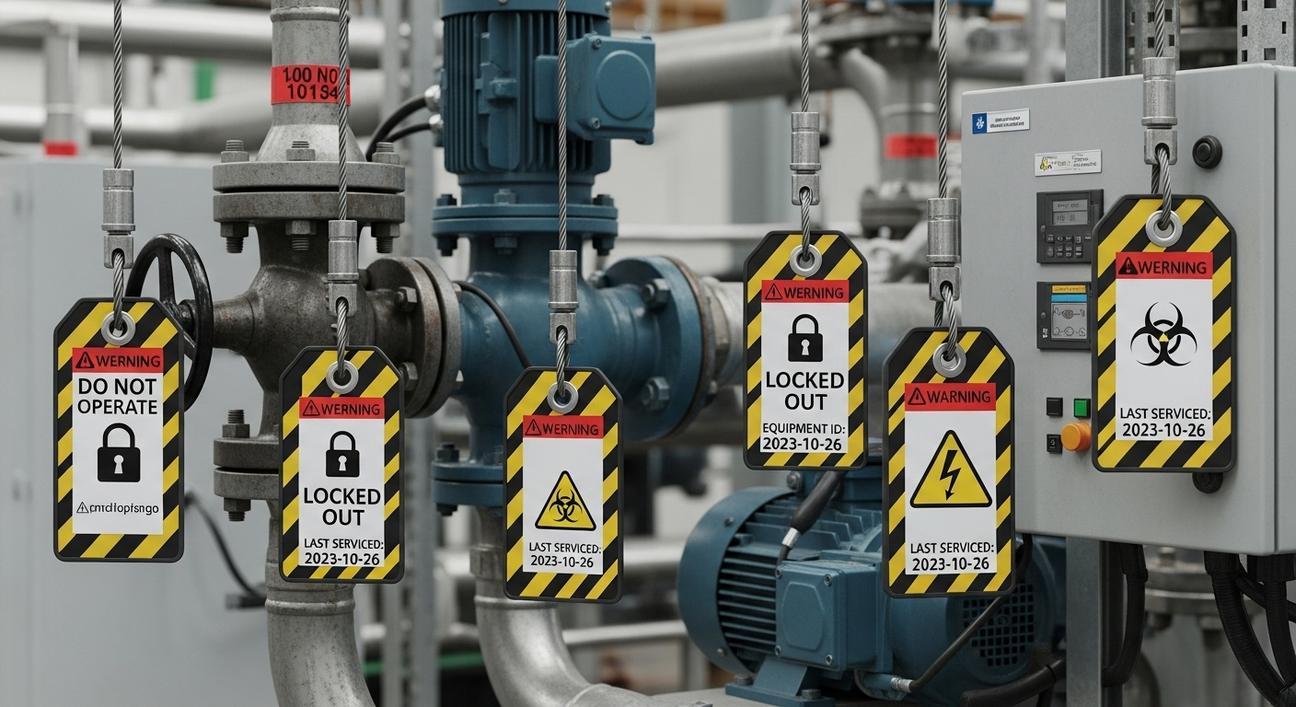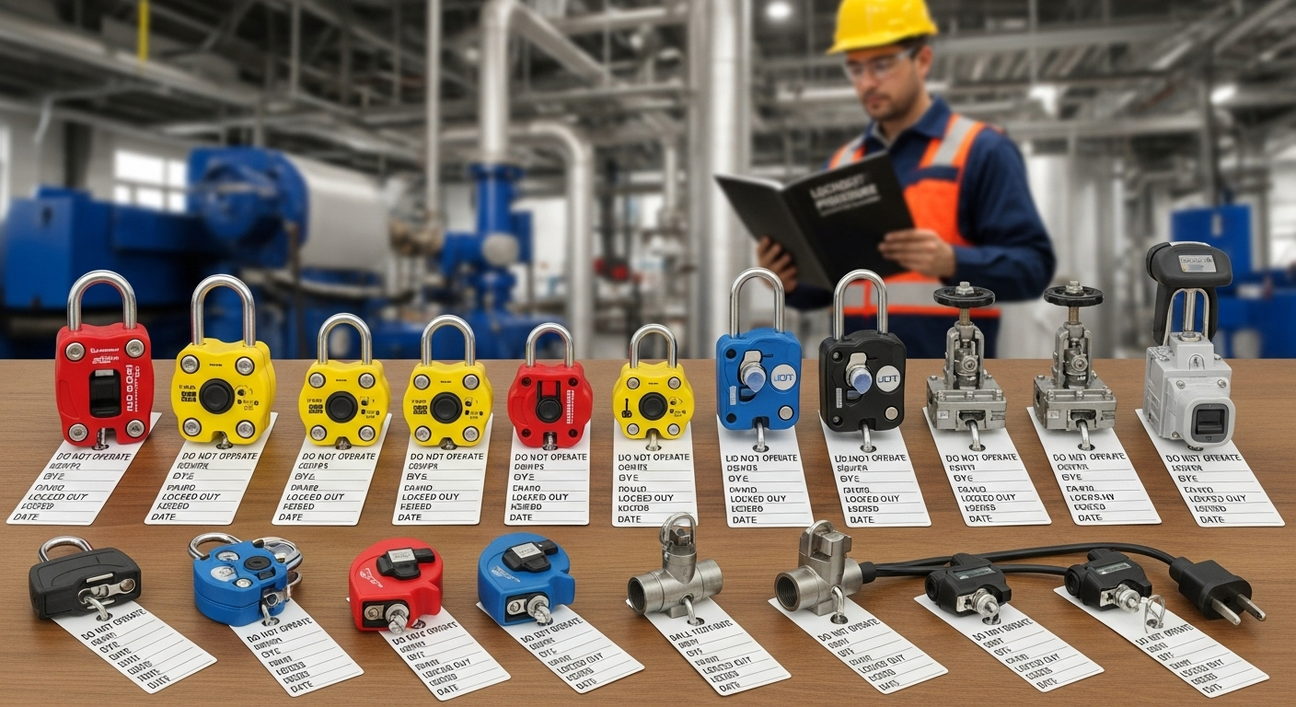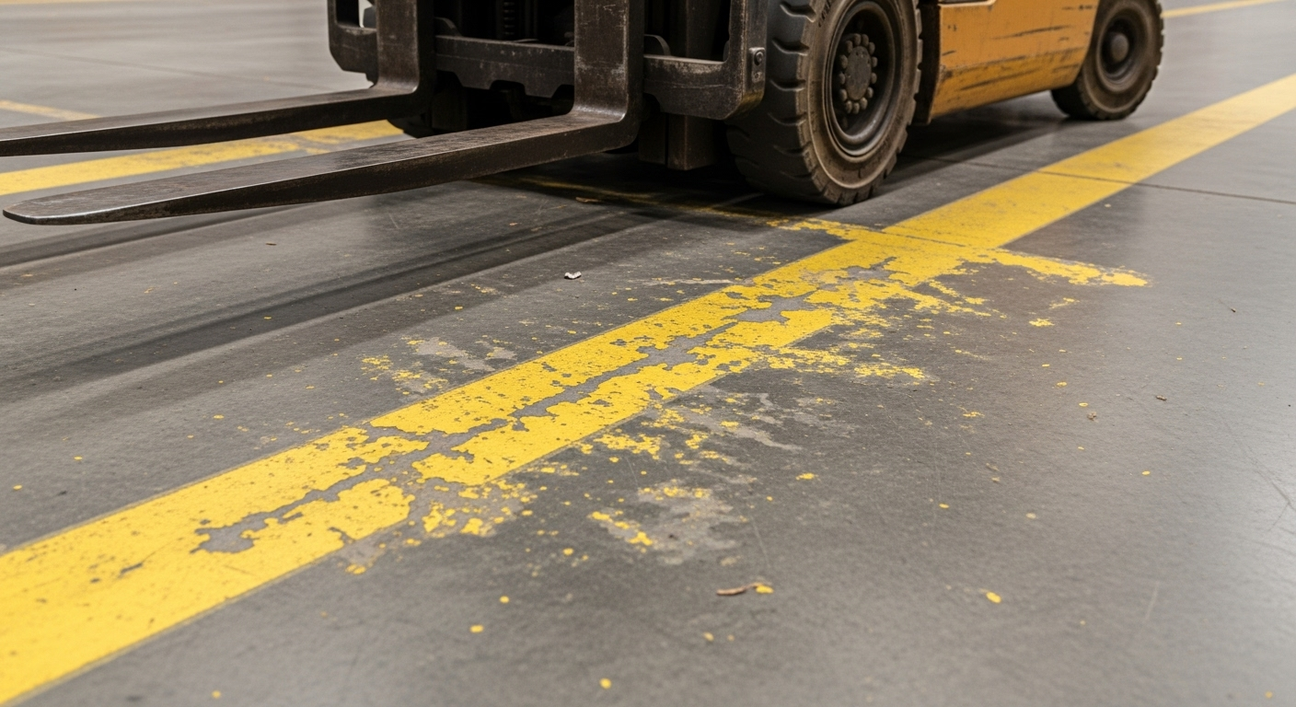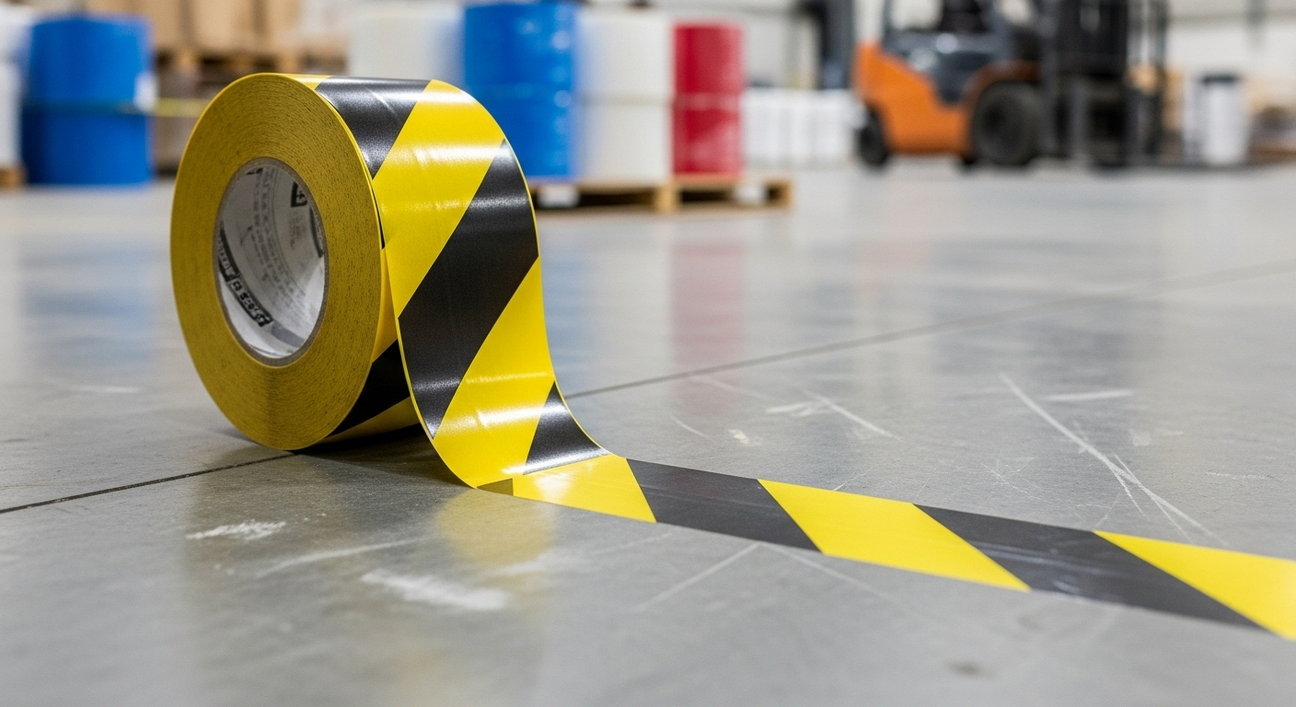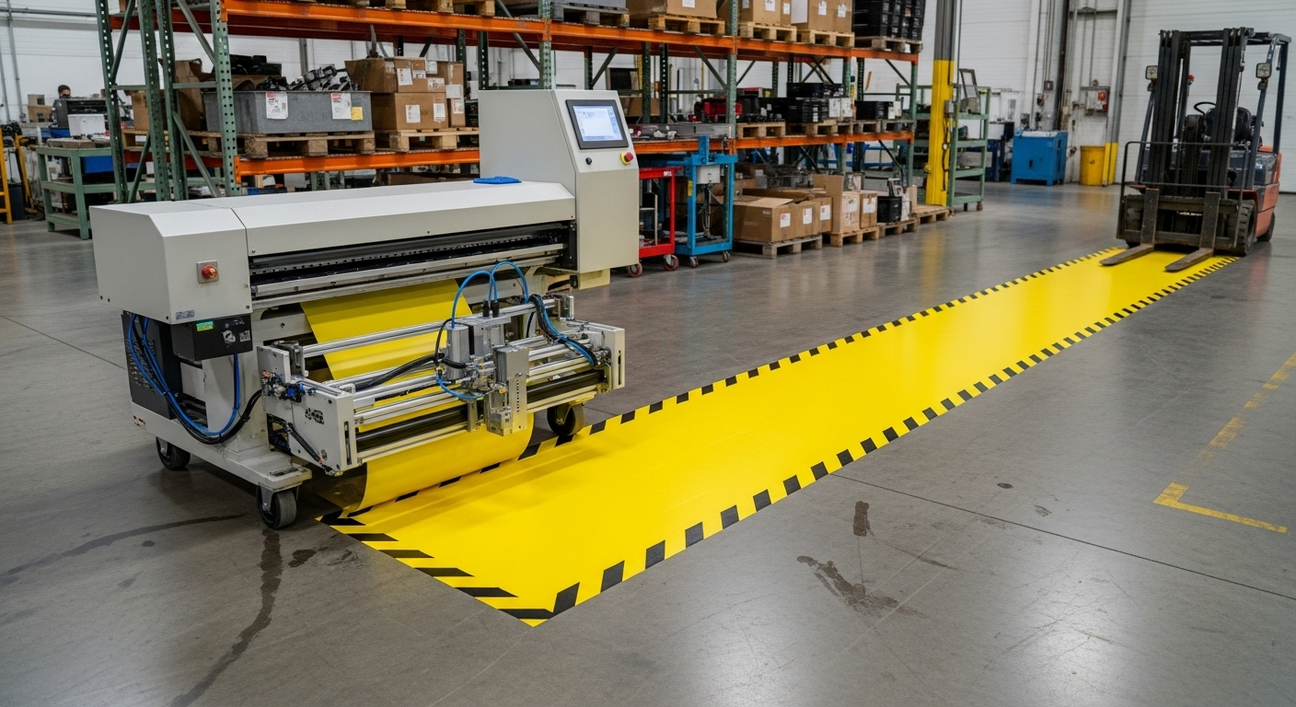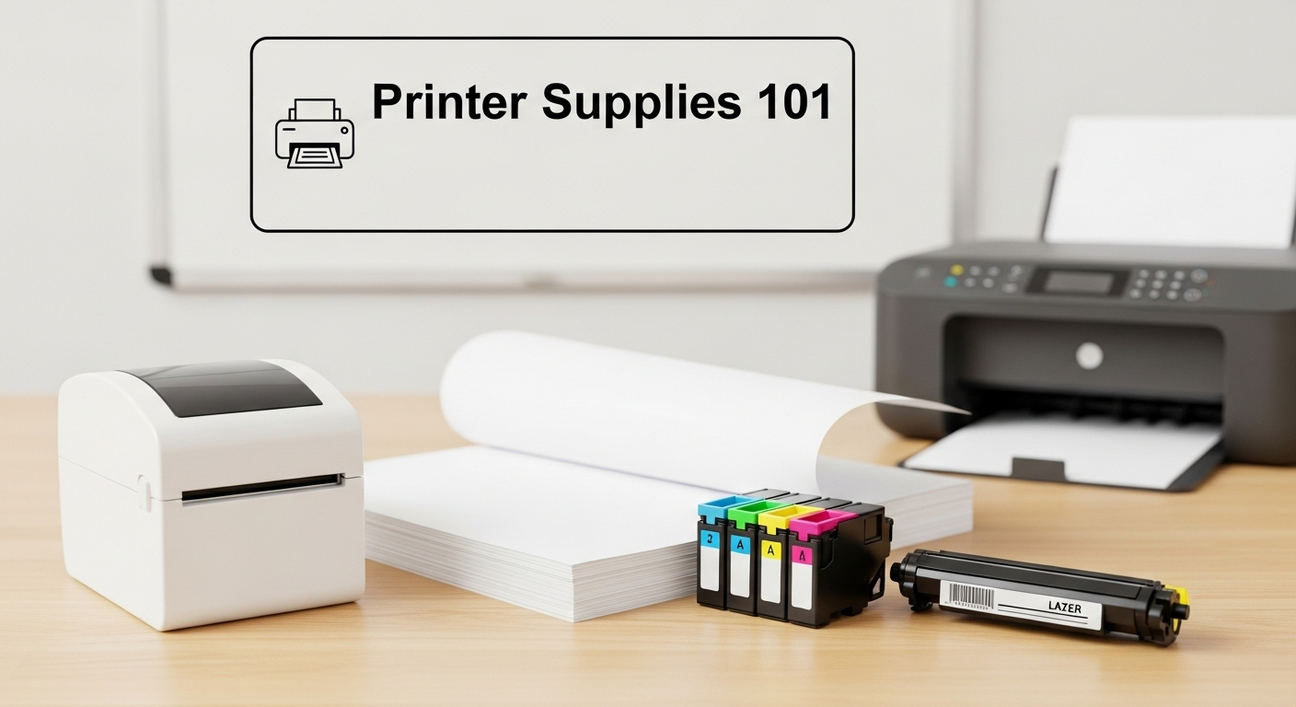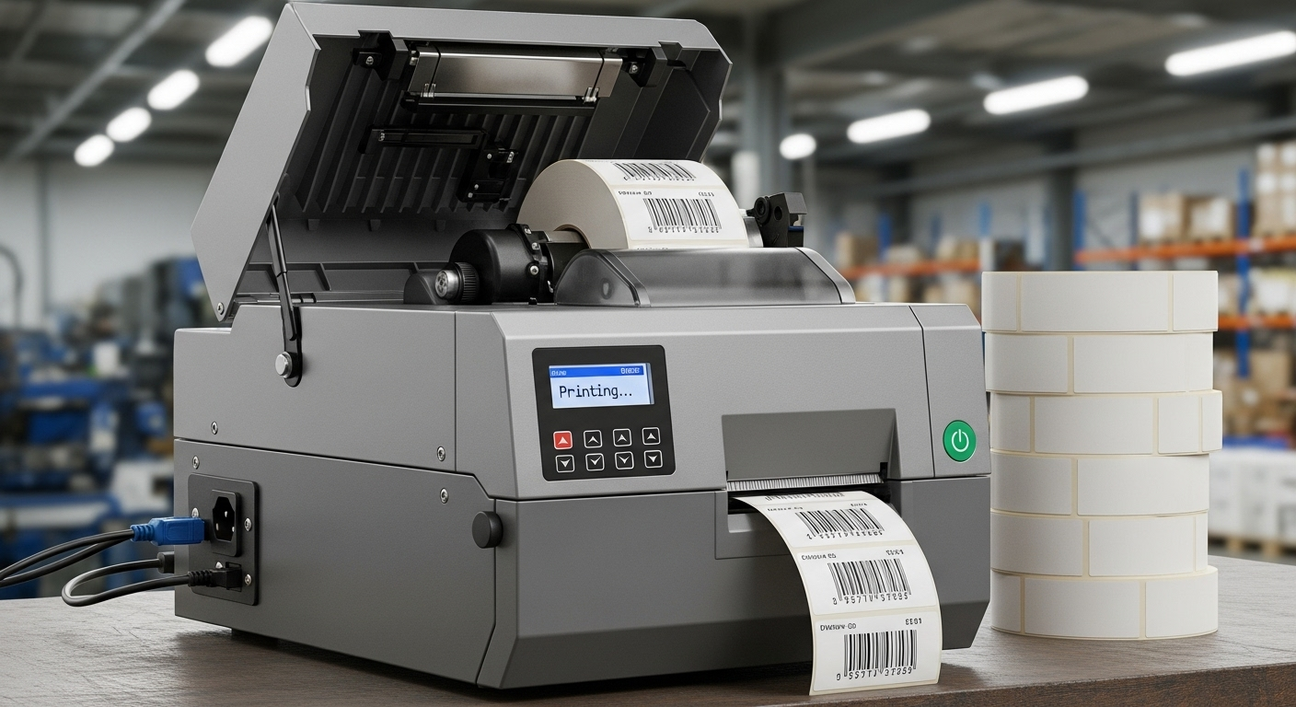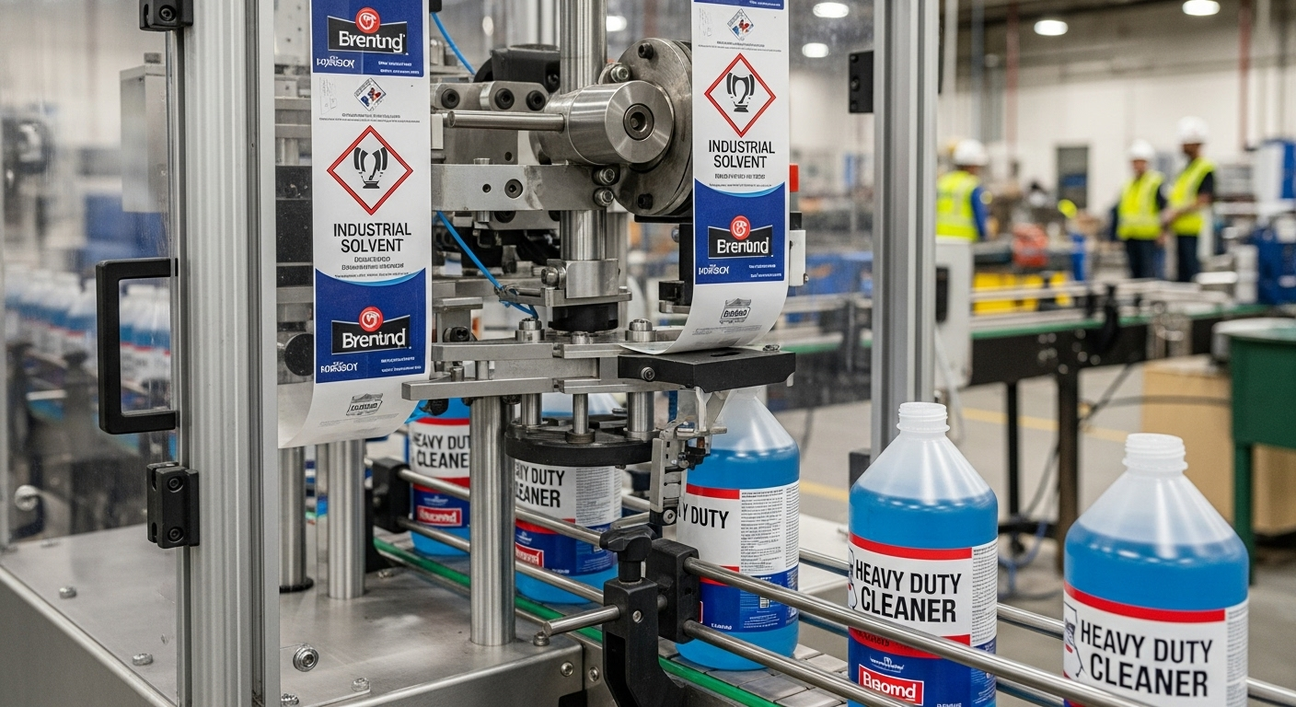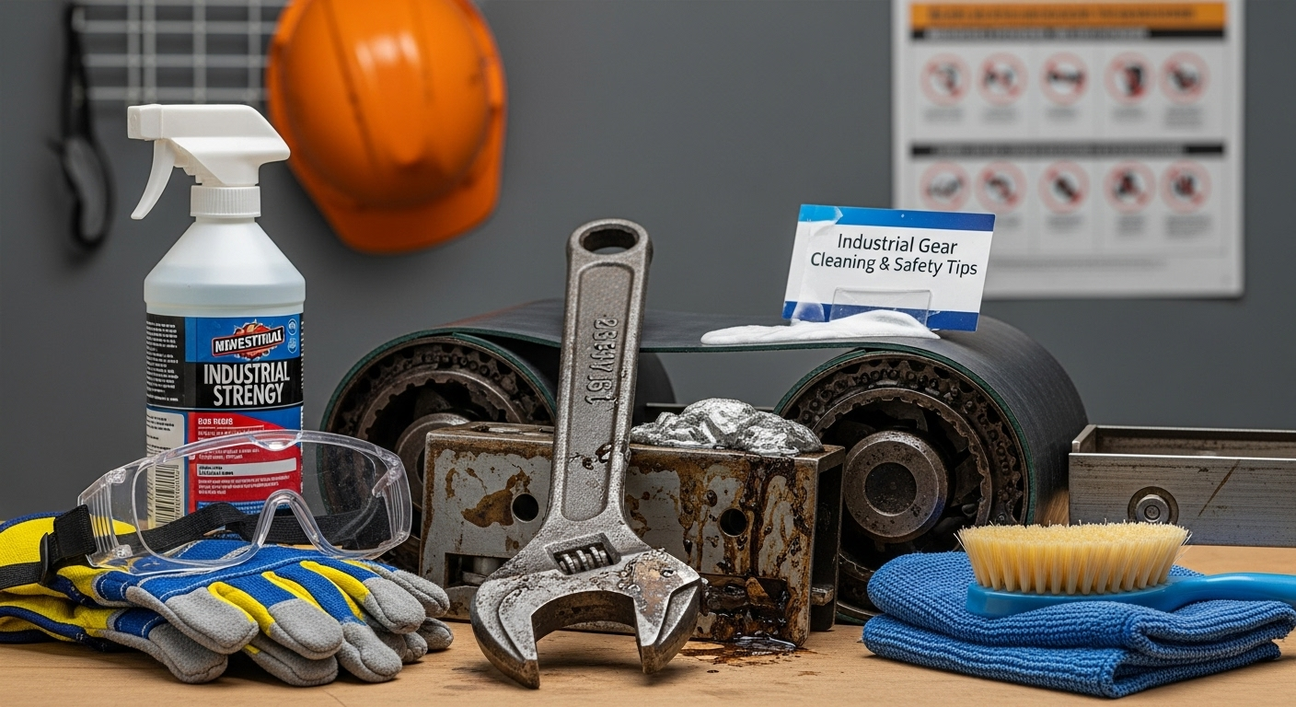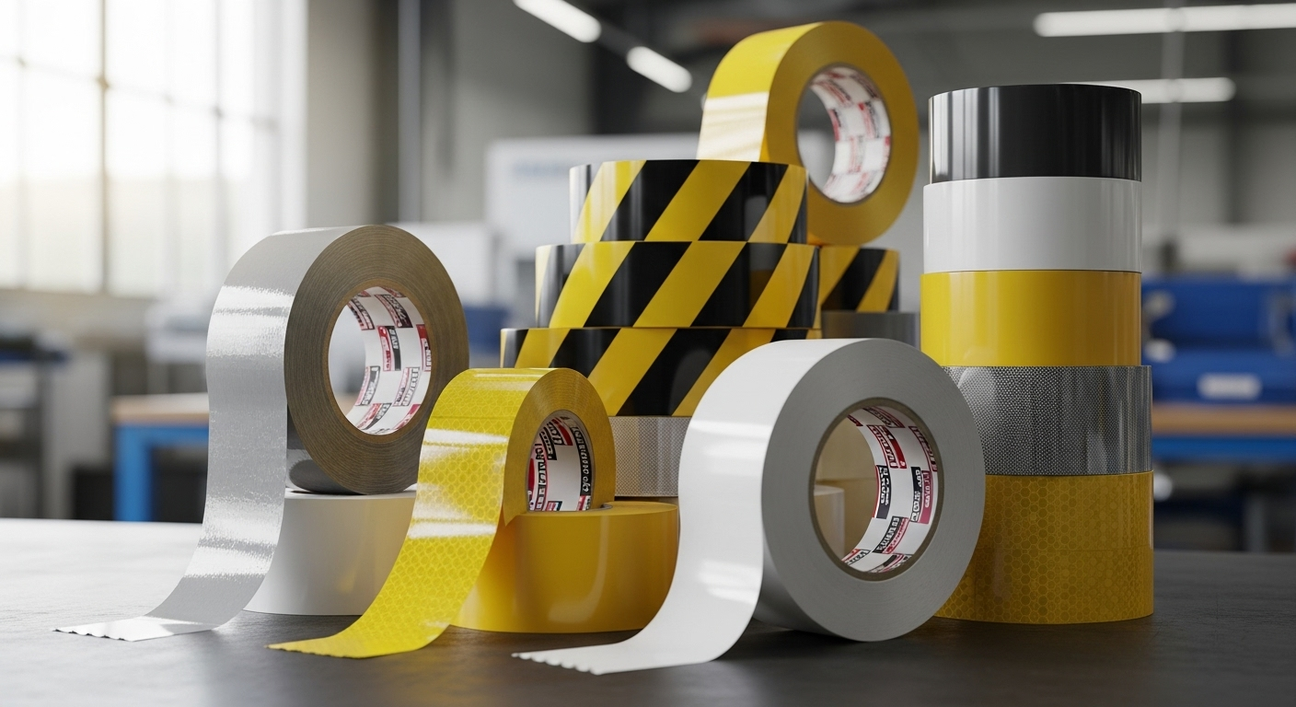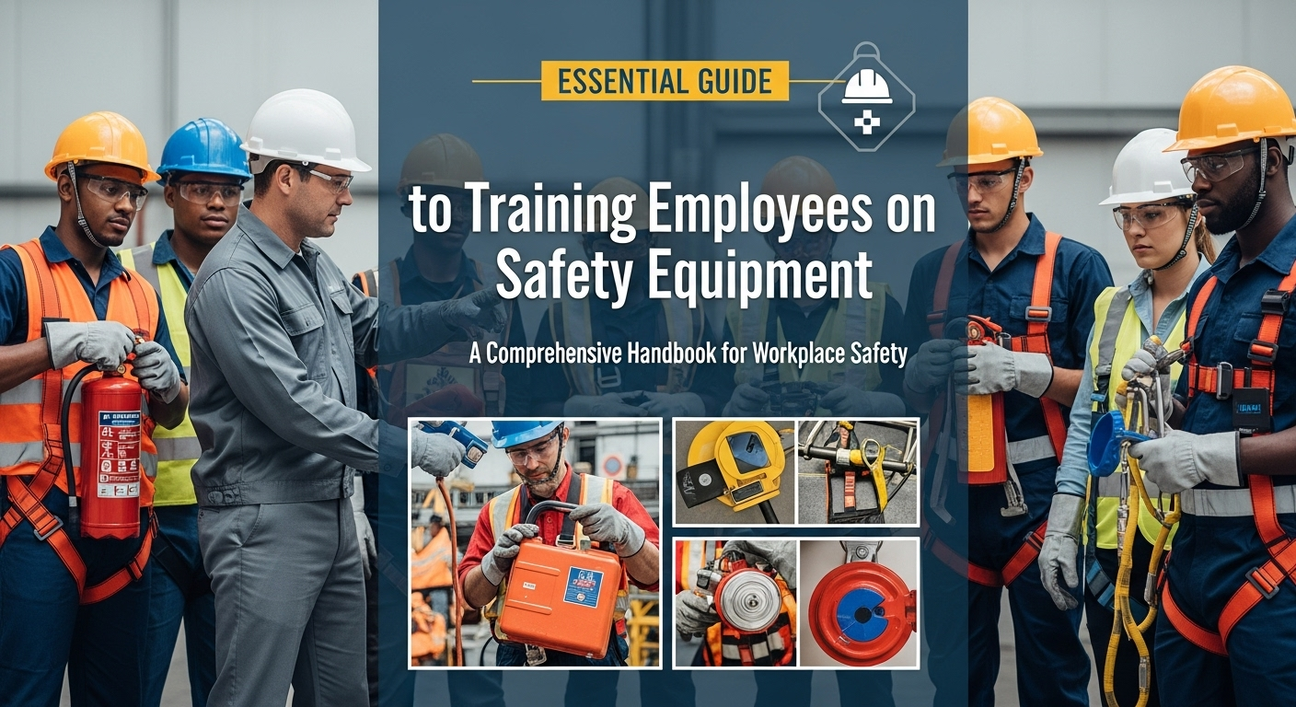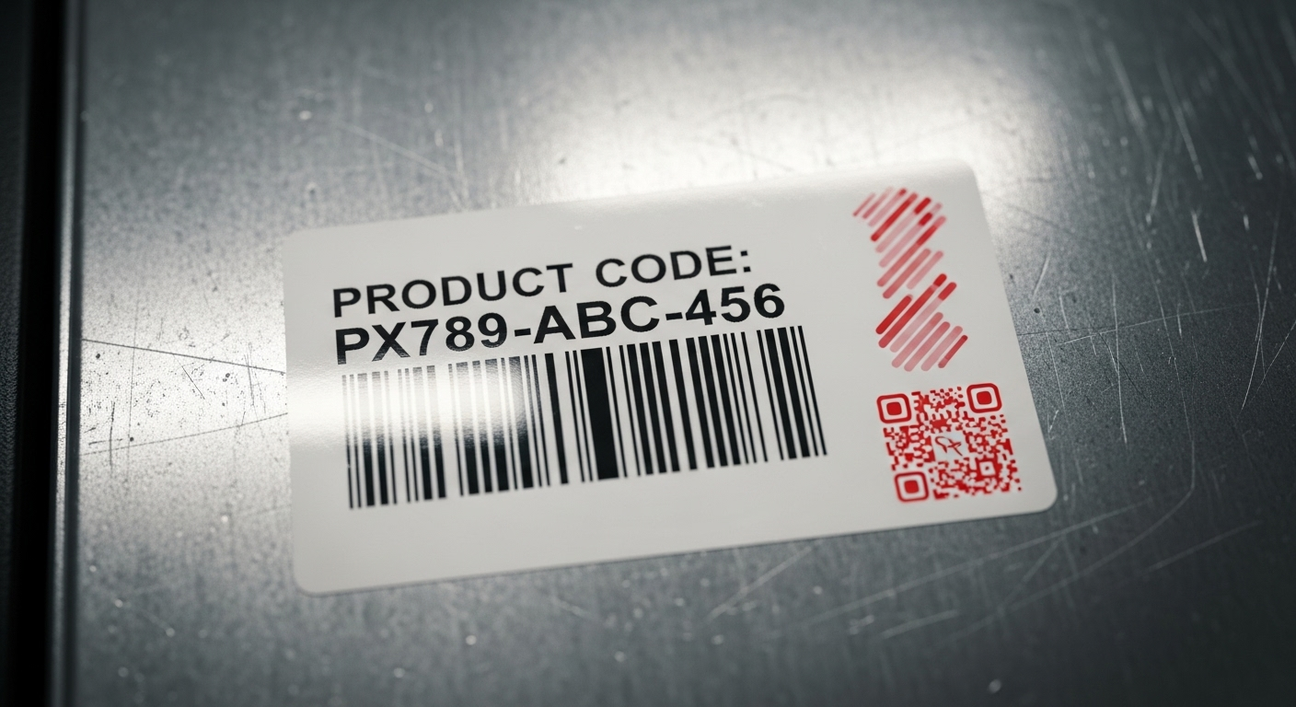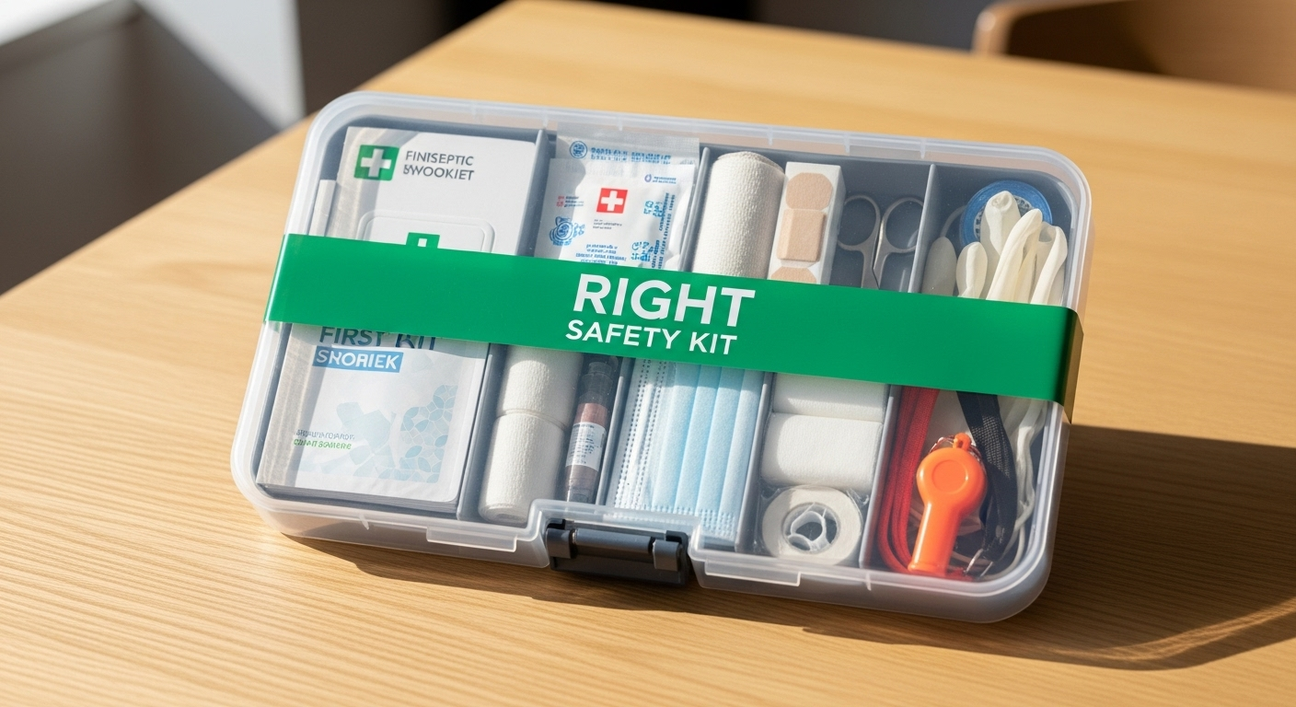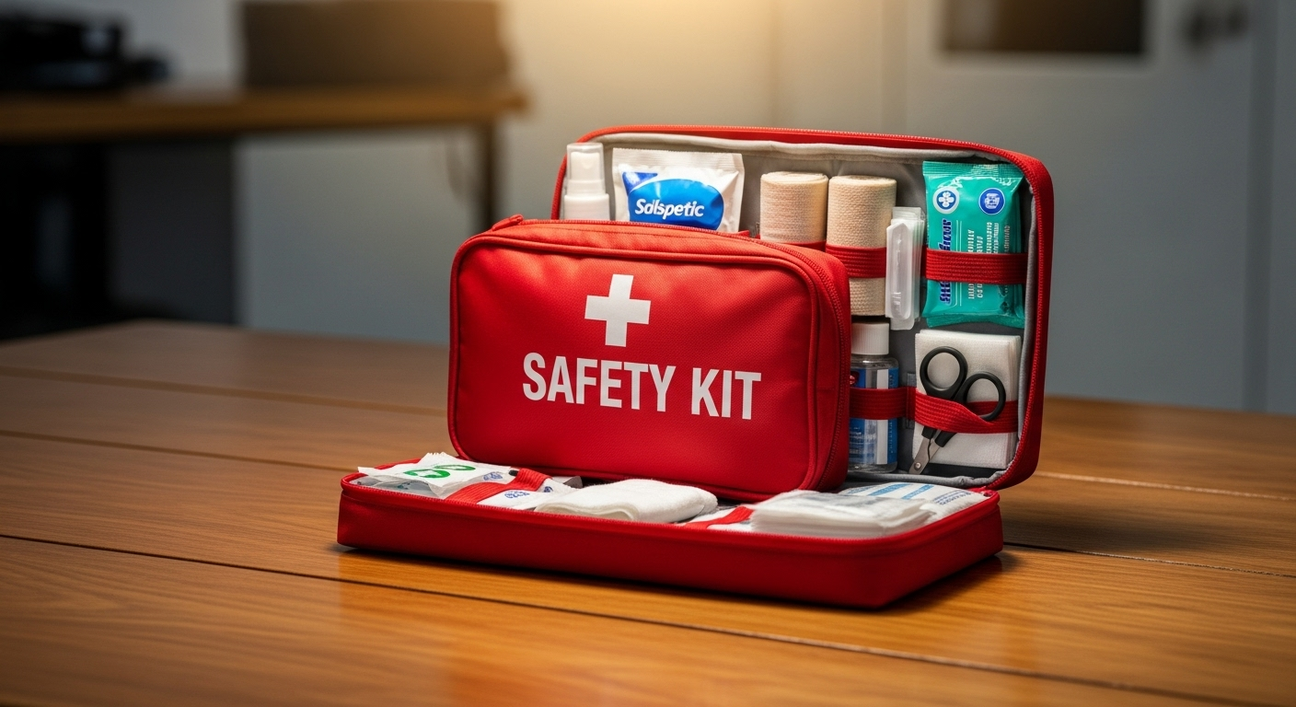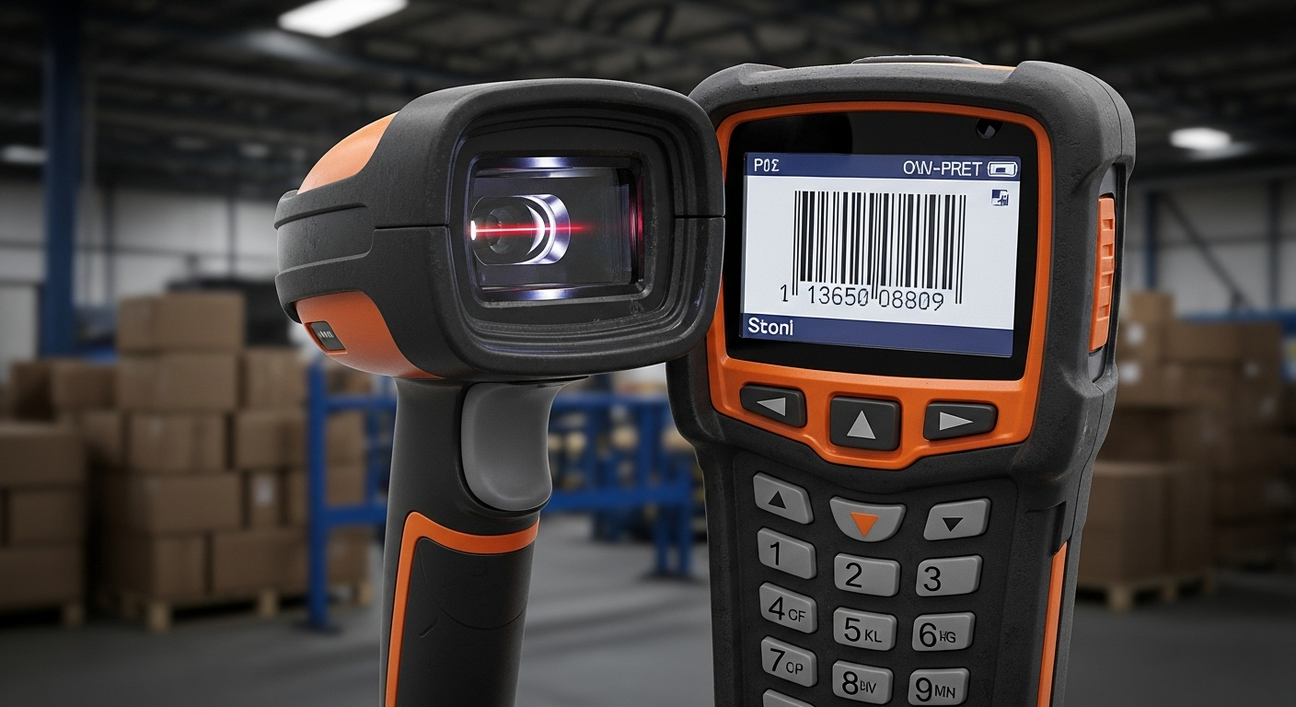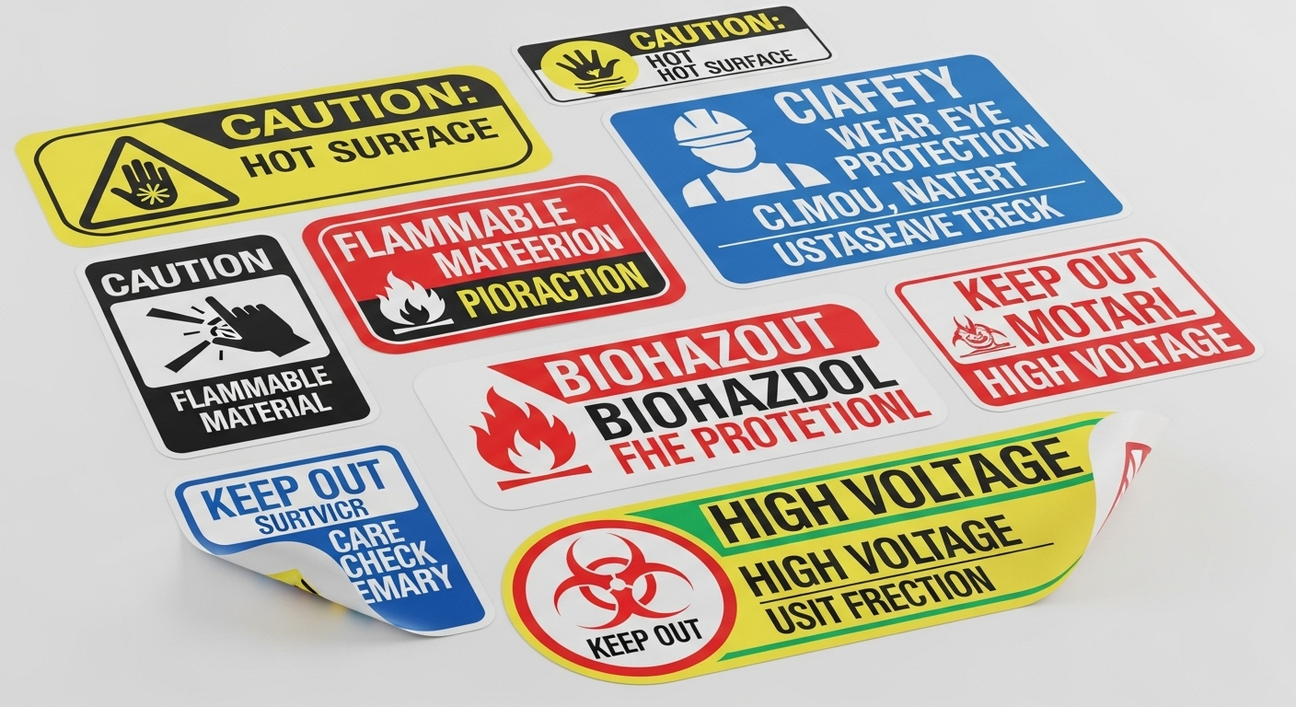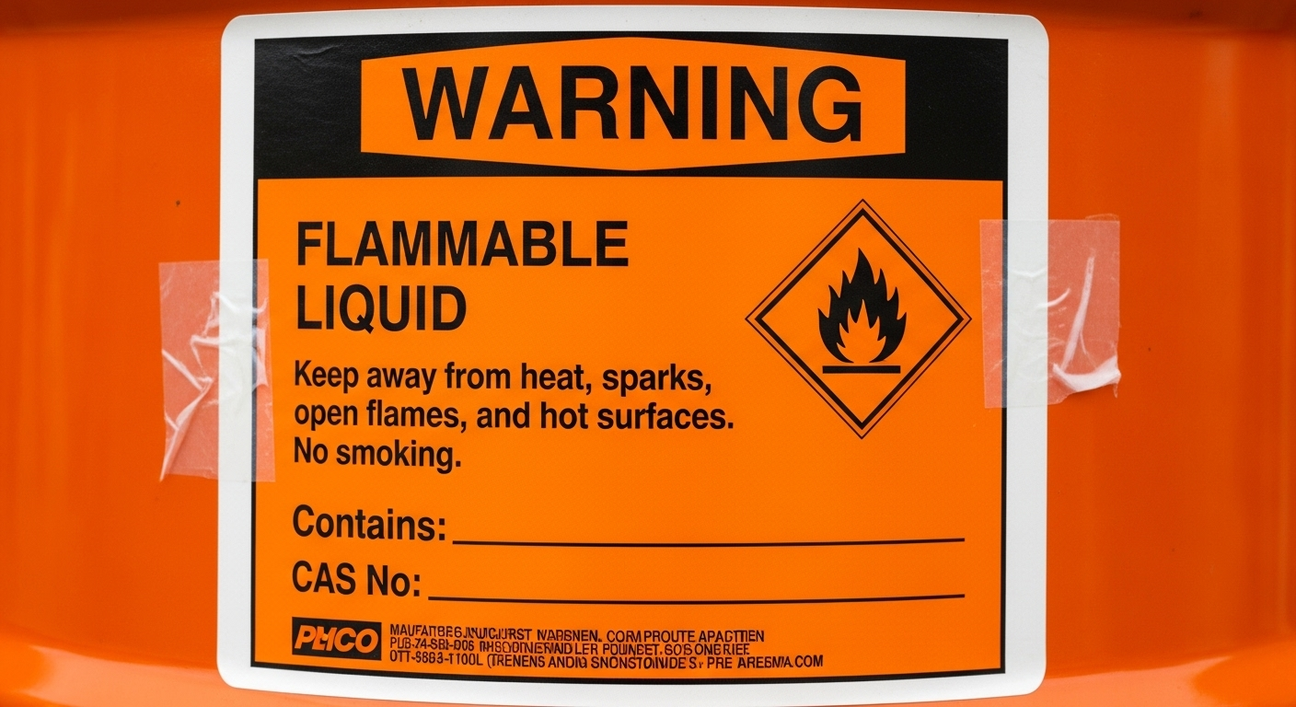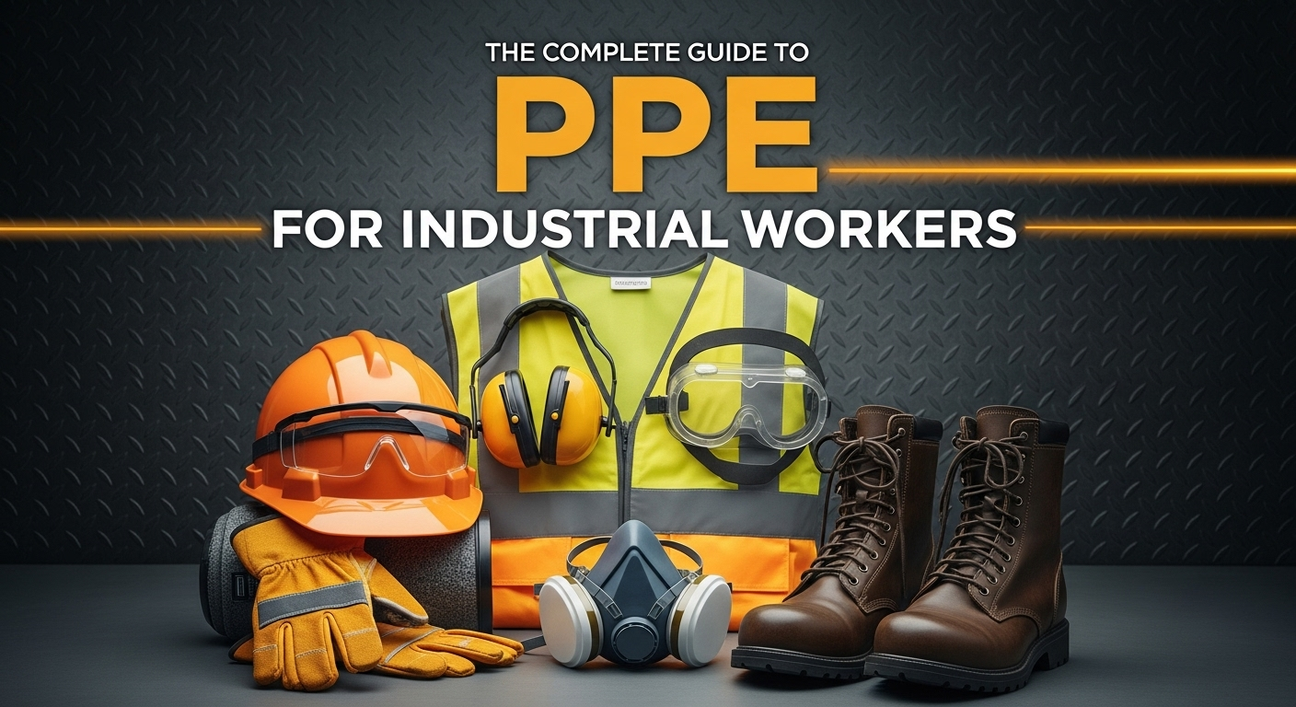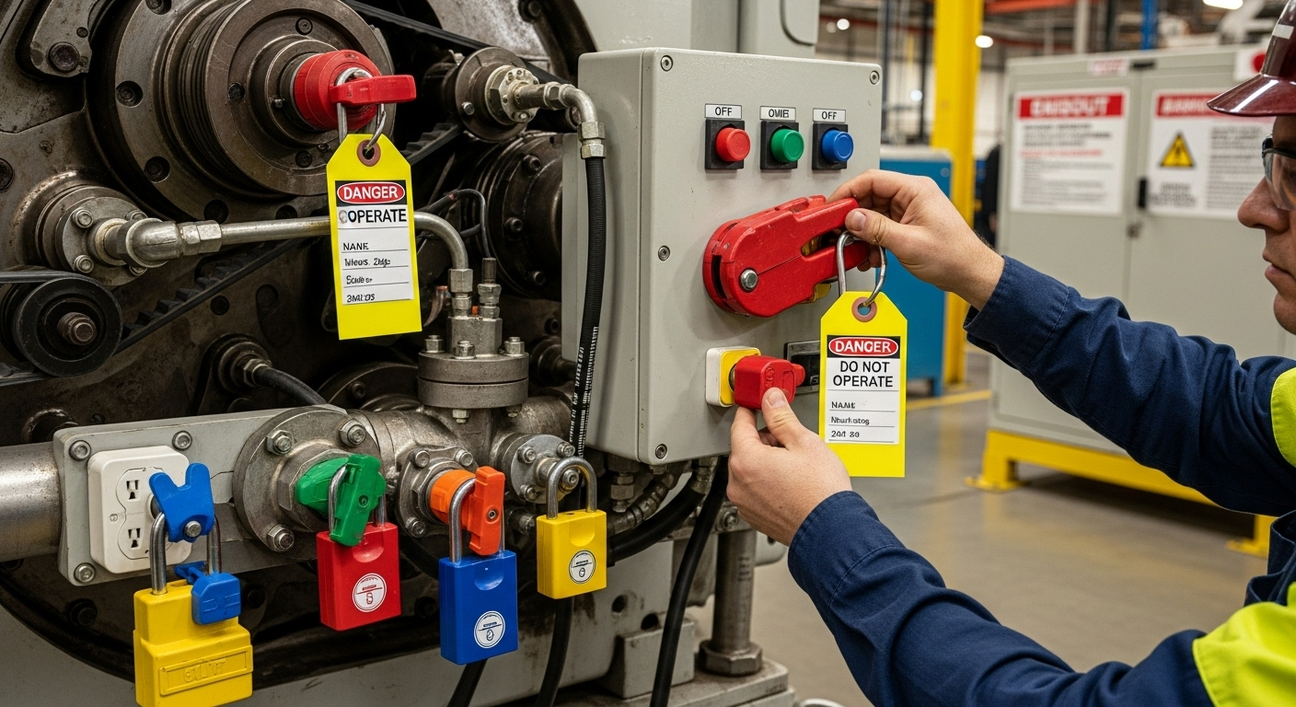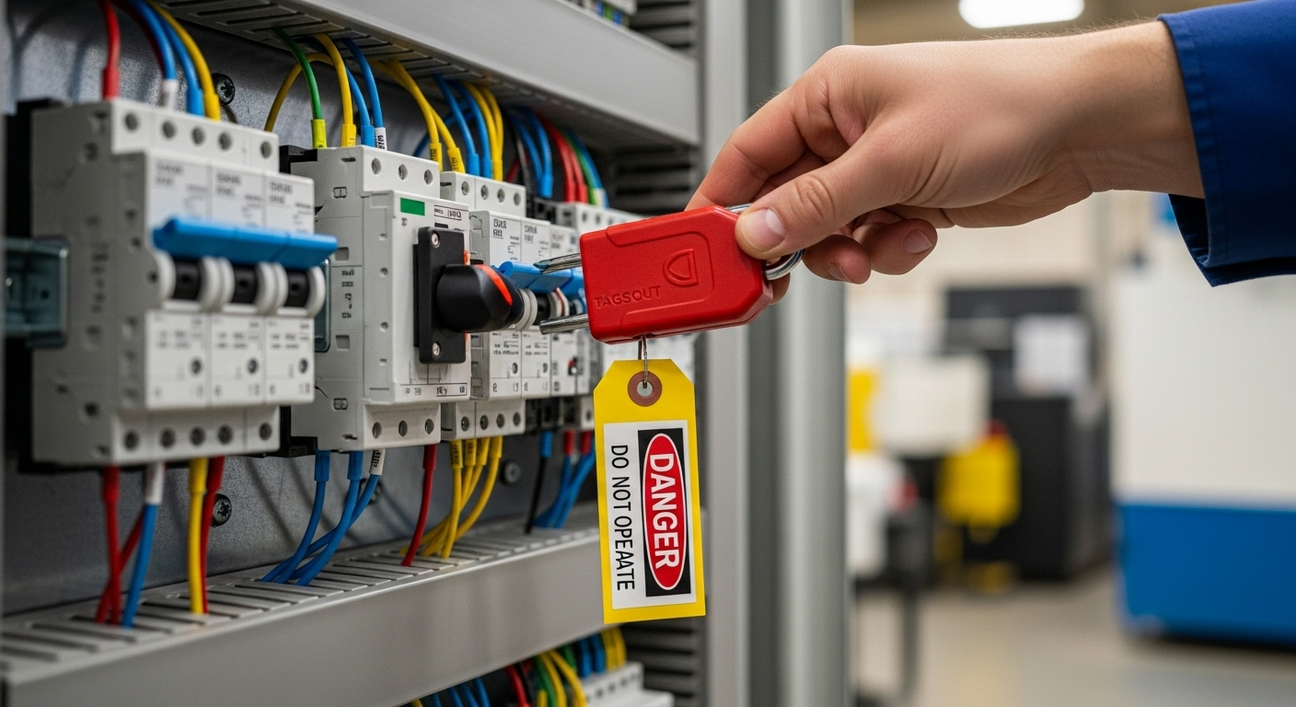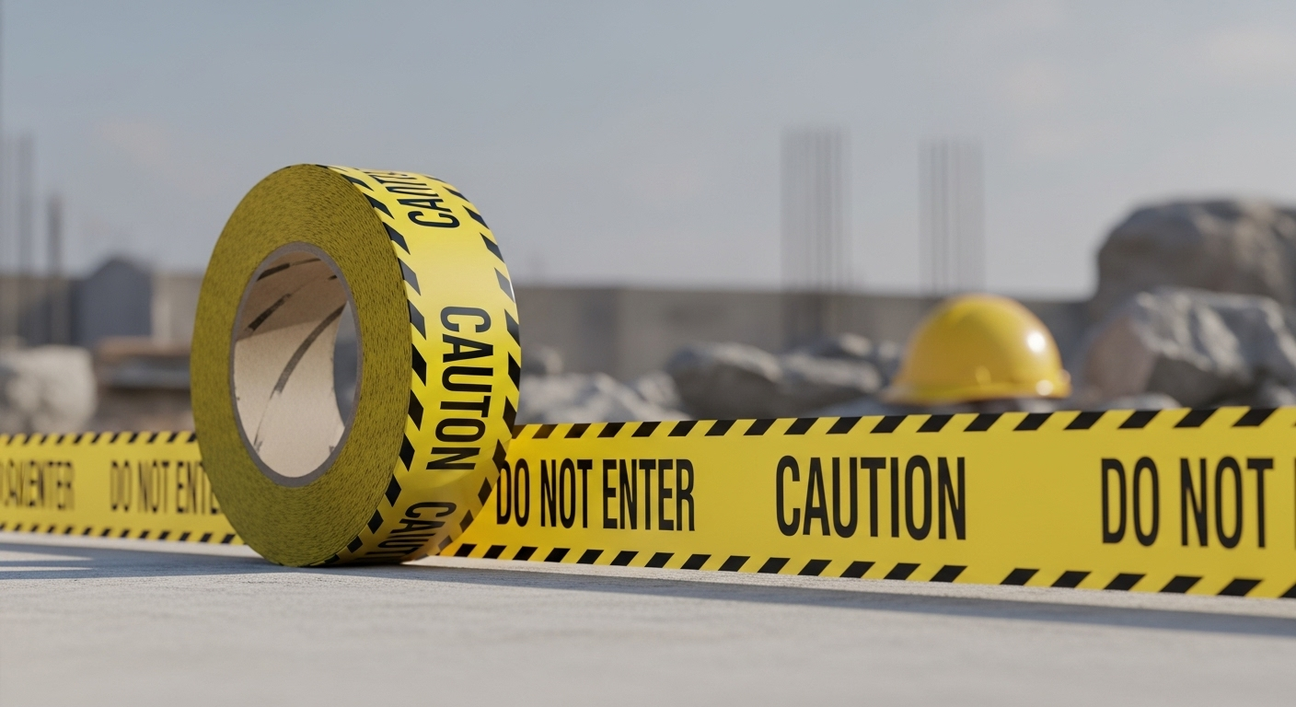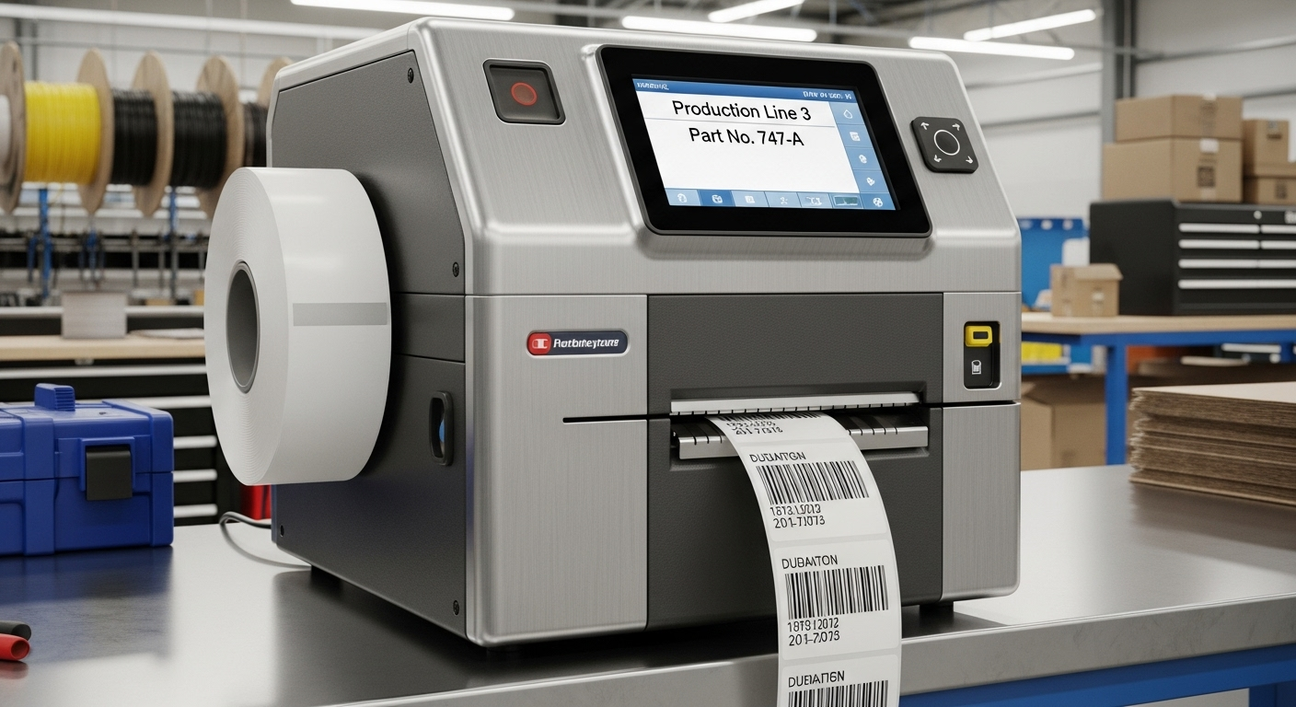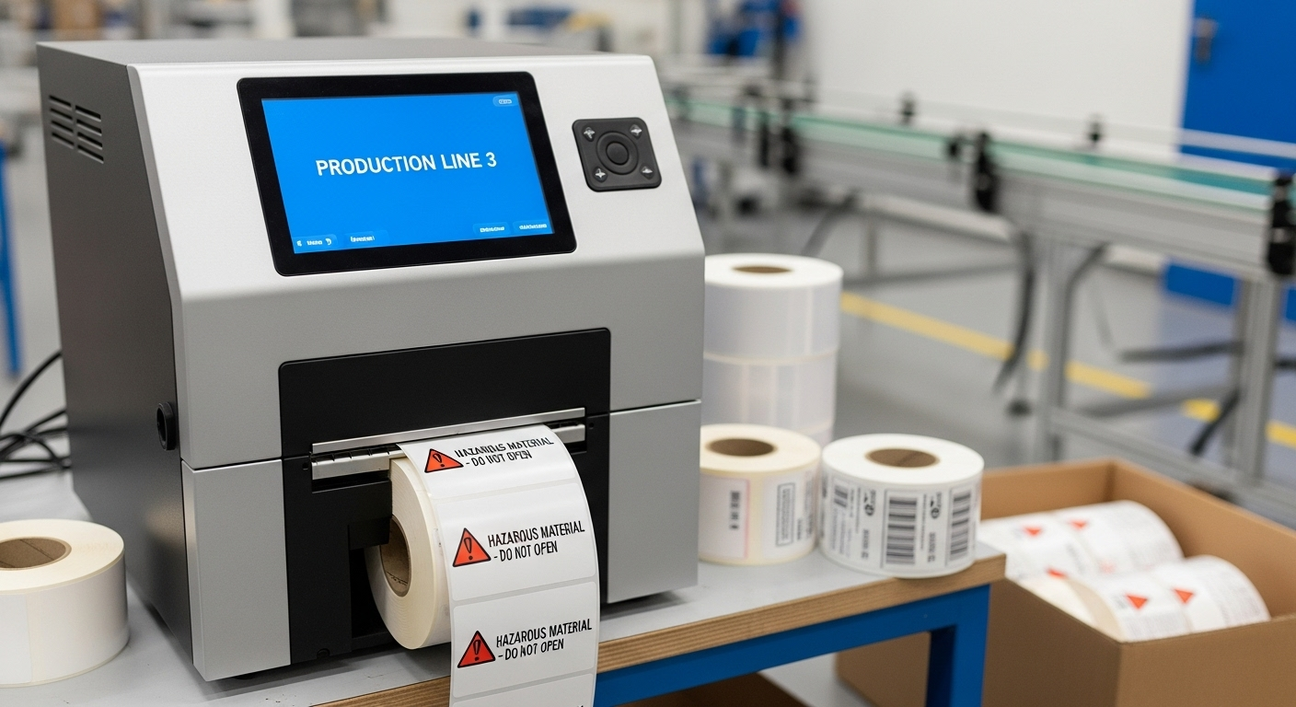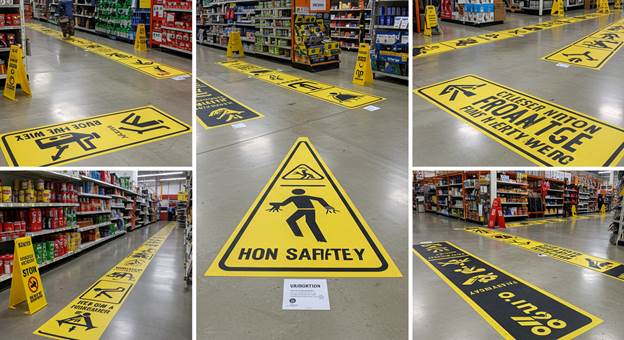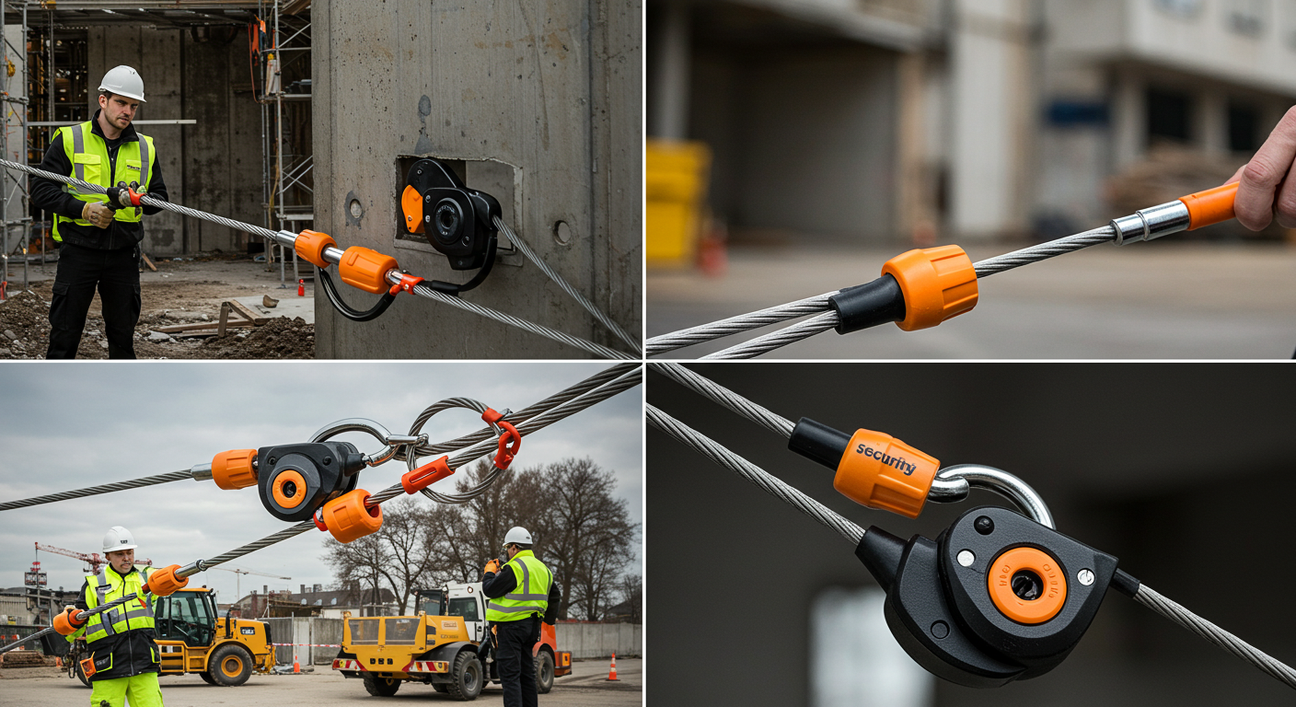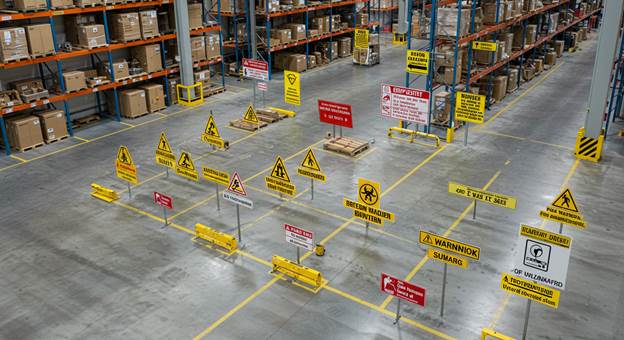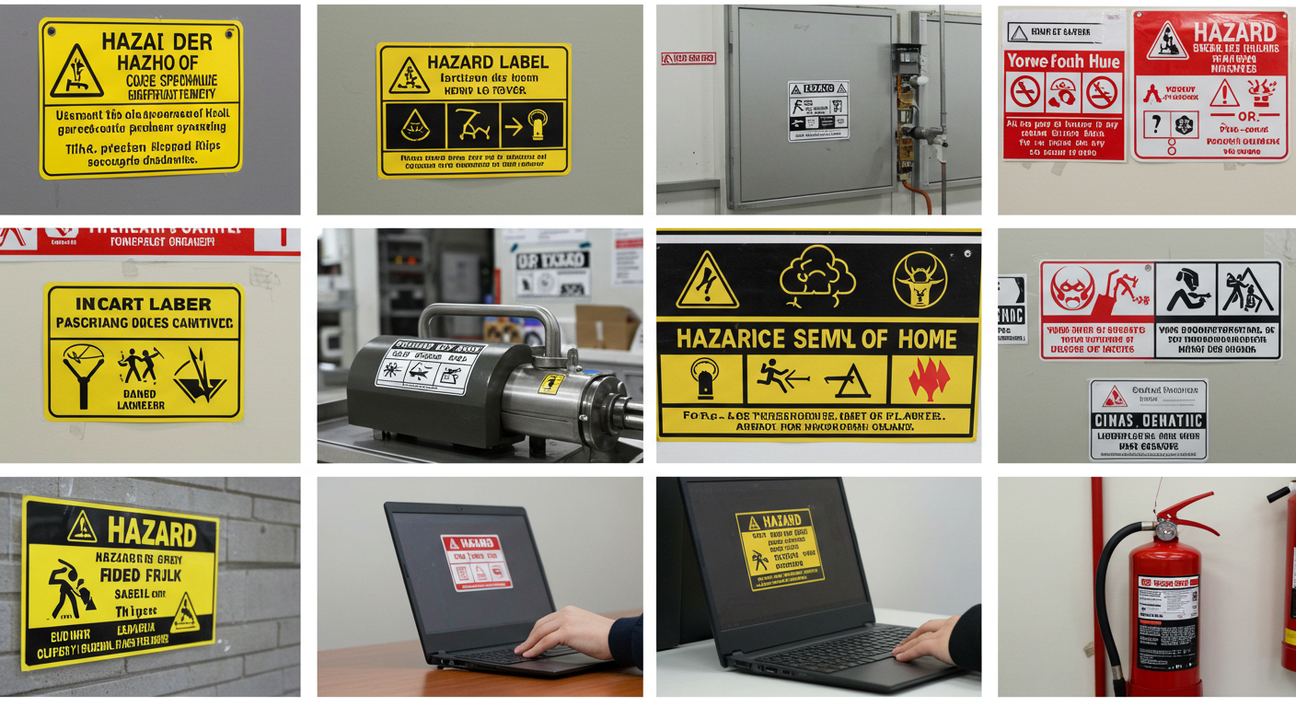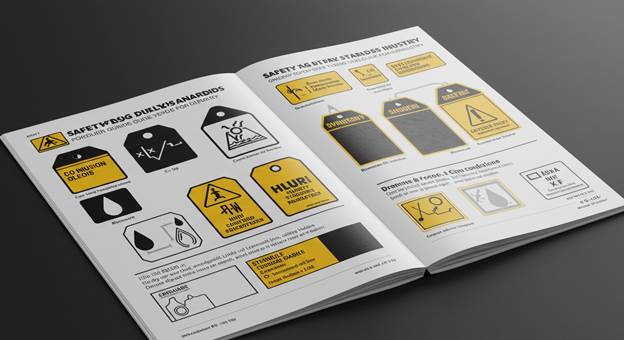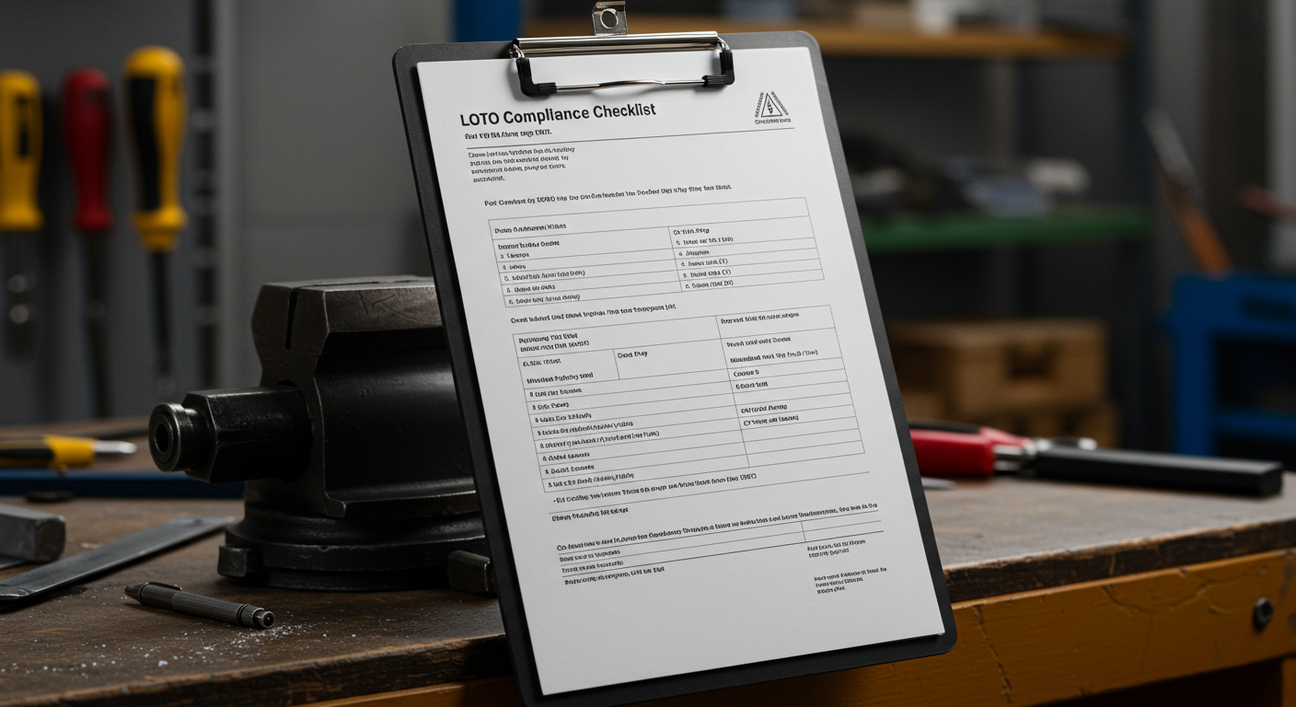Heavy-Duty Inspection Tags: Use Cases That Matter
1. Introduction: The Ongoing Relevance of Inspection Tags
Even as digital inspections rise, physical inspection tags remain essential in heavy industries. They provide a durable, visible, and reliable safety record—right at the equipment. In environments where downtime or failure has serious consequences, these tags offer an immediate snapshot of a machine's safety status.
2. Meet Archford: The Go-To for Inspection Solutions
Archford supplies top-tier heavy duty tags ideal for industrial use. Built tough with reinforced eyelets and waterproof prints, their tags satisfy both compliance and visibility needs. Archford stands behind every tag, offering expert advice and quick replacements for challenging environments.
3. What Makes a Tag Truly Heavy Duty?
A heavy duty inspection tag stands out from standard labels due to:
-
Laminated or thick PVC that resists tearing
-
Metal-reinforced eyelets that hold under tension
-
High-contrast printing resistant to fade
-
Writable fields for inspectors' notes
-
Color-coding for test frequency or priority
These features ensure durable tags can withstand impact, abrasion, and exposure in demanding conditions.
4. Top Use Cases for Heavy-Duty Tags That You Can’t Ignore
4.1 Construction Equipment
Tags on cranes, telehandlers, and winches record the last structural and safety check—essential for avoiding catastrophic breakdowns.
4.2 Electrical Panels and Lockout Systems
Affixed next to lockout tagout points, durable tags indicate when it's safe—or not to open live panels.
4.3 Mining Operations
In tough, dusty, and high-vibration environments, heavy duty inspection tags use cases in mining stand out for gear like ventilation fans, blasting equipment, and conveyor motors. These tags resist corrosion and hold under pressure.
4.4 Chemical and Hazardous Material Storage
Dangerous substances require clear labeling. Tough chemical-resistant tags stay legible after splashes and fumigation.
4.5 Warehouse Machines
Forklifts, racking, and worker platforms must display inspection status—driven by wear and mechanical integrity.
4.6 Scaffold and Ladder Use
Tags clearly marked with height limits and inspection history discourage unsanctioned scaffold setups and ladder overuse.
4.7 Fire Safety Equipment
Fire extinguishers, hydrants, and alarms carry tags indicating last check, managing both safety and compliance.
5. Why These Are Industrial Heavy Duty Tag Applications
The true test of industrial heavy duty tag applications is how they perform under stress:
-
Withstand ambient heat and cold
-
Survive in chemically aggressive settings
-
Remain attached under mechanical impact
-
Ensure readability after heavy wear
Archford’s tags are engineered with these real-world challenges in mind.
6. Tag Use Workflow: From Inspection to Retirement
-
Fill in inspector name, date, and status
-
Attach with durable tie or wire near service point
-
Perform inspection
-
Write comments or notes on the tag
-
Leave tag on until next due date
-
Remove and destroy old tags to prevent confusion
This sequence is the backbone of efficient tag management.
7. Material Matters: Rugged Tags That Perform
Three material categories stand out:
-
PVC laminated – all-weather durability
-
Metal or anodized aluminum – withstand heat and corrosion
-
Polyester film – high tear resistance; great for freezer or roofing inspections
Choose materials based on where they’ll be exposed—indoors, underground, or outdoors.
8. Where Heavy Duty Tags Are Commonly Used
Wondering Where heavy duty tags used? Here’s a quick roundup:
-
Underground tunnels in mining sites
-
Heavy construction zones with ambient debris
-
Warehouses with stacked storage systems
-
Chemical and wastewater treatment plants
-
Power plants with high-heat gear
These sectors rely heavily on visible, rugged tags to signal equipment safety status.
9. Tagging for Compliance and Accountability
To comply with standards like OSHA, ISO, or WHS, tags should display:
-
Inspection date
-
Inspector signature
-
Status (OK, Repair, Do Not Use)
-
Next due date
These tags build an inspection trail and reduce liability risks.
10. Digital Enhancements: Linking Physical Tags to Digital Records
Physical tags backed by QR codes elevate tracking:
-
Scan codes to update logs in real time
-
Set reminders for next inspections
-
Flag tags nearing expiry for replacement
-
Pull historical data during audits
This fusion between physical tags and digital workflows improves reliability and oversight.
11. Best Practices for Managing Heavy Duty Inspection Tags
-
Organize tags by color—monthly (yellow), quarterly (green), annual (red)
-
Train inspectors on standardized fill-out and placement methods
-
Keep tags and ties centrally located for ease of access
-
Monitor damaged or missing tags and order replacements
-
Link with digital records and schedule notifications
Establishing a standard makes tag use consistent and dependable.
12. Why Archford’s Heavy Duty Tags Rule the Field
-
Rain‑, dust‑, and oil‑resistant materials
-
Color-coded for inspection type and cycle
-
Forged with strong eyelets for attachment stability
-
Blank or pre-printed options with print-your-own capabilities
-
Compatible with QR tags for press-ready digital integration
Archford’s expertise backs quality tags with compliance-focused design and delivery.
Top Labeling and Tagging Tips for Industrial Safety Compliance
|
Tips / Guide Summary |
|
|
Use ANSI/ASME color codes and arrows for clear pipe content and flow identification. |
|
|
Ensure all chemical containers follow GHS pictograms and signal words consistently. |
|
|
Place labels where they’re visible and durable; include signal words like DANGER/CAUTION. |
|
|
Follow Australian GHS standards using appropriate tags, labels, and SDS references. |
|
|
Choose rugged, weatherproof tags that meet ISO or OSHA requirements. |
|
|
Always update scaffold tags post-inspection; use color-coded tags for clarity. |
|
|
Best for mining, construction, and oil & gas where tags endure rough conditions. |
|
|
Tag cables in electrical panels, machinery, and HVAC systems to reduce misidentification. |
|
|
Use floor and wall signs for forklift lanes, exits, and hazard zones. |
|
|
Place near entrances, intersections, and blind spots to enhance worker alertness. |
Final Thoughts
In industries where safety matters, strong records matter too. Durable tags in critical locations create trust, guide maintenance routines, and offer legal proof of care. Pairing heavy duty tags with digital tracking sets a gold standard for operational safety.
Start by choosing durable materials, assigning clear workflows, and linking to digital records—then let Archford support your setup with certified tag solutions.
14. FAQs
Q1: What size are heavy-duty tags?
A: Typically A6–A5; big enough for handwritten notes but small enough for equipment mounting.
Q2: How often should tags be replaced?
A: Replace based on wear, not just a set schedule—though yearly reviews are common practice.
Q3: Can tags survive chemical spills?
A: Yes—PVC laminated or metal tags resist most industrial solvents and acids.
Q4: Are rugged tags reusable?
A: No—tags should be used once per inspection to prevent confusion or malpractice.
Q5: Where can I get quality heavy-duty tags?
A: Check out rugged /inspection tags from Archford here: Archford Inspection Tags.

